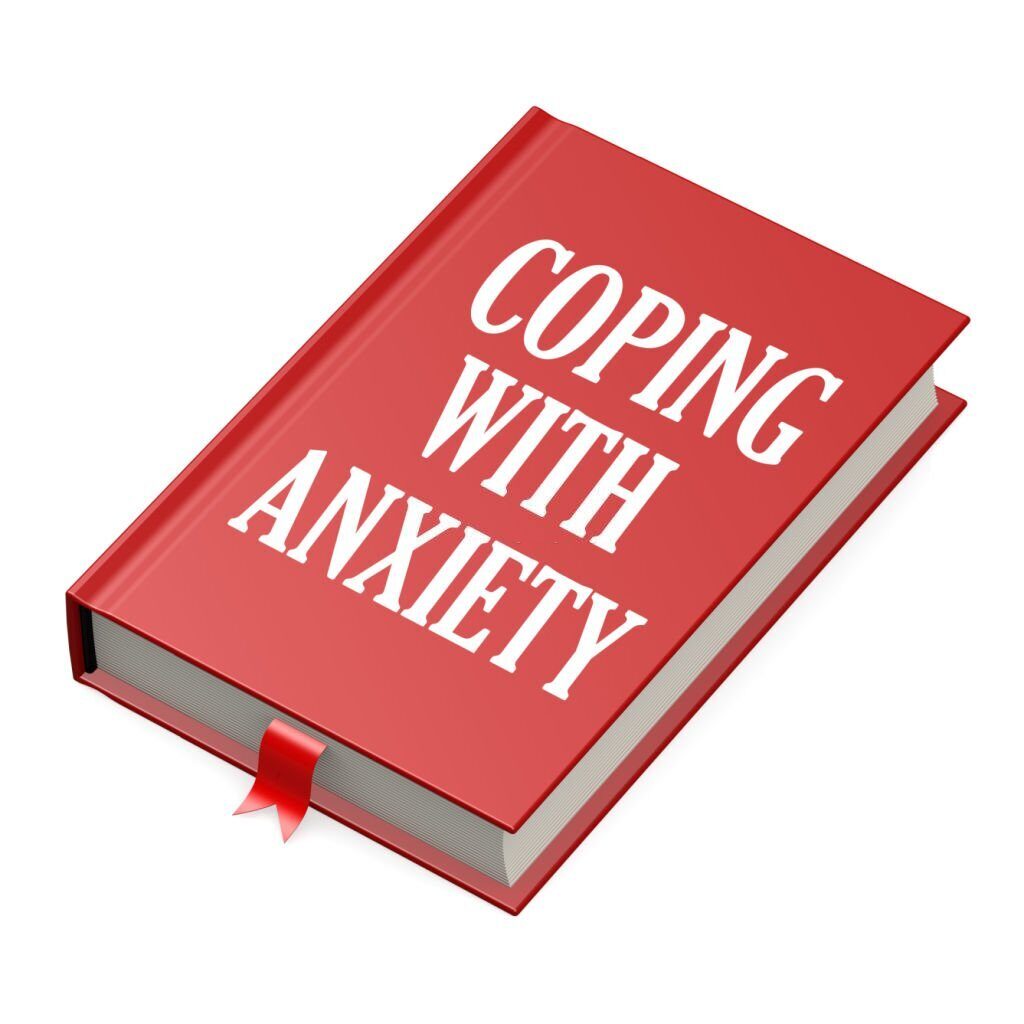Having occasional feelings of anxiety is a normal part of life. And sometimes, you may have periods of anxiety where you experience frequent and excessive anxiety, fear, terror and panic in everyday situations. You’ll notice these feelings reducing your quality of life and preventing you from your daily routines.

Self-monitor for the following:
- Feeling nervous
- Feeling helpless
- A sense of impending panic, danger, or doom
- Increased heart rate
- Hyperventilation
- Sweating
- Trembling
- Obsessively thinking about the panic trigger
You should see speak with a psychotherapist if your anxiety is affecting your life and relationships. They can help you find your way through muddled thoughts and feelings.
Along with seeing a therapist, lifestyle changes and coping strategies also can make a difference.
Here are 5 tips for coping with an anxiety disorder:
Keep physically active.
Develop a routine so that you're physically active most days of the week. Exercise is a powerful stress reducer. It can improve your mood and help you stay healthy. Start out slowly, and gradually increase the amount and intensity of your activities.
Use stress management and relaxation techniques.
Visualization techniques, meditation and yoga are examples of relaxation techniques that can ease anxiety.
Sleep, sleep, sleep
There is nothing so refreshing for your mind and body like a good sleep. It recharges your batteries. If you aren't sleeping well, talk with your health care provider.
Identify triggers.
Learn what situations or actions cause you stress or increase your anxiety. Practice the strategies you developed with your psychotherapist so you're ready to deal with anxious feelings in these situations.
Keep a journal.
Keeping track of your personal life can help you and your mental health provider identify what's causing you stress and what seems to help you feel better. Your worries may not go away on their own, and they may worsen over time if you don't seek help. See your health care provider or a psychotherapist before your anxiety worsens. It's easier to treat if you get help early.

